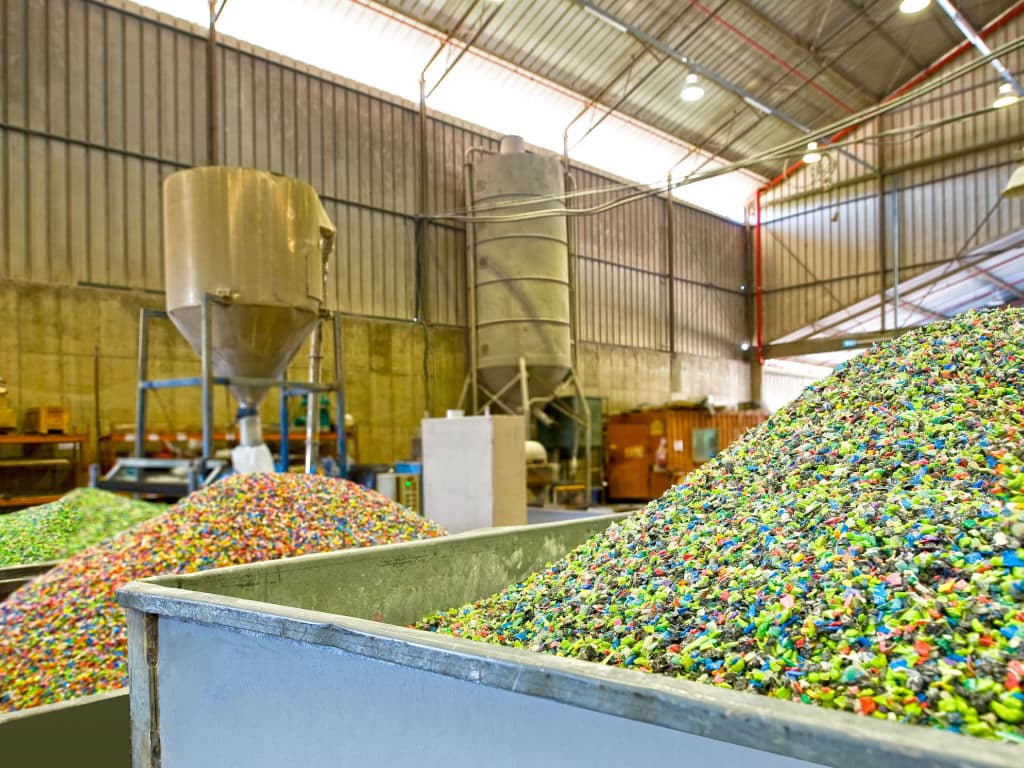The Suez Canal Economic Zone (SCZone) in Egypt is making progress in implementing its sustainability policy. On 11 April 2023, three of its companies signed US$21.64 million financing agreements with the Egyptian Environmental Affairs Agency (EEAA) for the construction of new waste recycling plants. These are El Nasr for Fertilizers and Chemical Industries (Semadco), Flex P Films and Huhtamaki Egypt. The signing of these agreements is the first component of the cooperation protocol between the Egyptian Ministry of Environment and the General Authority for the SCZone.
The EEAA will finance these companies under the third phase of the Egyptian Pollution Abatement Programme (EPAP). 11.8 million to finance the SCZone wastewater treatment plant project. The future plant, whose overall cost is estimated at €13.57 million, will handle industrial wastewater in order to reduce pollution.
Recovery of plastic waste
For the record, the SCZone comprises an industrial zone extending over 4,000 hectares for light and medium industry, commercial and business activities with the capacity to support 80,000 jobs.
7 million in funding from the EEAA for Flex P Films. The funds will support the implementation of the polyethylene terephthalate (PET) plastic recycling project in the SCZone. The plastic can be recycled into secondary materials, packaging and electricity. The entire project will require an investment of 16.07 million euros.
2.84 million was granted to Huhtamaki Egypt for the construction of an ethyl acetate solvent recovery unit (these are solvents used in many applications, including nitrocellulose, paint, printing, plastics manufacturing and the food industry).
Read also – AFRICA: the circular economy, an ally for the ecological transition
In addition to financial support, the Memorandum of Cooperation between the Egyptian Ministry of the Environment and the General Authority for the SCZone also provides for the organisation of introductory seminars at sectoral level. The aim is to present how to benefit from EPAP III initiatives and services, and to train the authority’s business development officers on the criteria for participation.
The over US$148 million EPAP programme also aims to improve the performance of Egyptian industry, their compliance with environmental laws and regulations, as well as reduce their energy and resource consumption in order to promote sustainable development. It is financed through loans from the European Union (EU), the European Investment Bank (EIB), the French Development Agency (AFD) and Kreditanstalt für Wiederaufbau (KfW), the German development agency.
Inès Magoum
